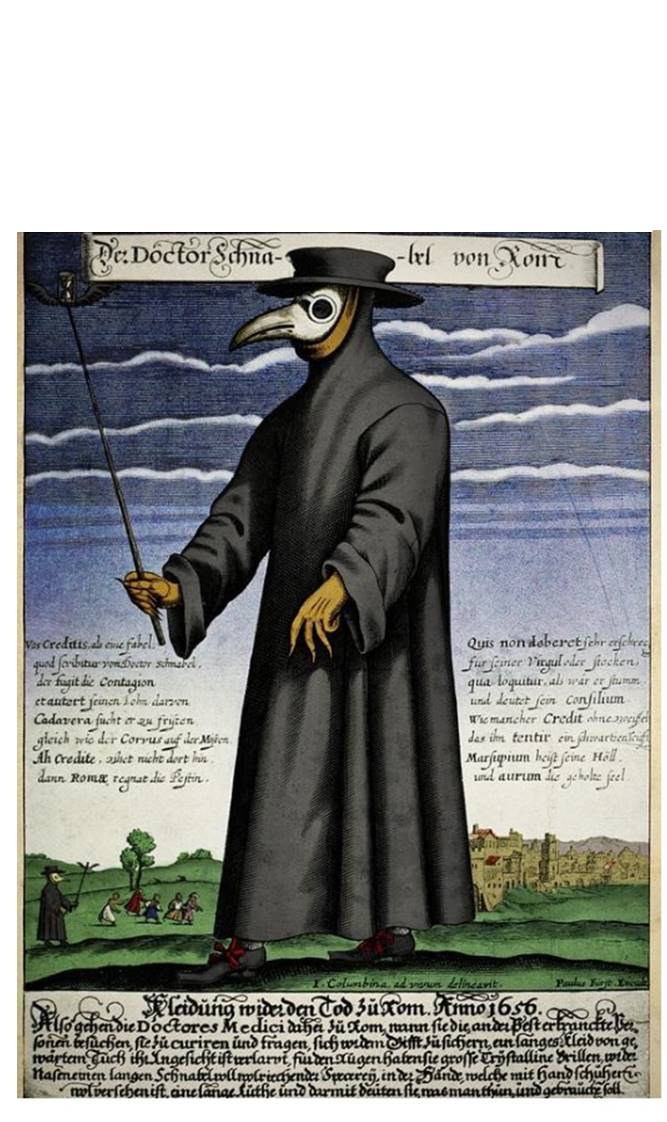The second booster – Perils of being stranded abroad – North Korea admits to having COVID cases – Evening statistics
I am going to appear very inconsistent. After having expressed doubts about the necessity for taking a second booster, I got one myself yesterday. I had made the appointment to obtain the pneumonia vaccine, but when I finalized the appointment I decided to request the second booster as well.
The fact is, I’m a bit rattled by the story of my two friends being stranded in England on account of having tested positive for COVID. I do not want to be in a similar position at the end of my forthcoming trip to Ireland and the U.K. It is not very amusing to be in quarantine in a foreign city, even in a foreign city where people speak English. The expense is not trivial either. I cannot see that being forced to spend ten days in London chained to a hotel room and ordering food from the outside can amount to less than $3000. Then, too, I will be traveling to Iceland just under two weeks after I return from England; if I were to be placed under quarantine at the end of my stay I would barely have enough time to return to the U.S. and then to travel on the flight to Reykjavik that has been reserved for me. I still have doubts about the efficacy of a second booster, but under the current circumstances I cannot neglect any precaution.
A significant segment of the population, despite having been exposed to the virus, have never come down with it, and no one knows why this should be the case. It is possible that, having been unaffected by the virus for so long a period, I may be among this fortunate group. But such matters cannot be counted upon. I would have said that my two friends were in as little danger of getting infected as anyone I know, being in excellent health, unusually active for their age, and reasonably cautious in their personal habits. But of course while they were traveling in England they dined out at numerous restaurants and were in other milieus in which they mingled with a large mass of people. I will of necessity be doing the same in Ireland, where I will be on a hiking tour and will be dining in restaurants every morning and evening. Nor can I claim to have been exceptionally cautious in my own country. I have not dined out much, but I have shopped in person at grocery stores regularly, have patronized other stores (hardware, electronics, barber shops, etc.) in person as well, have taken public transit, have traveled on long airplane rides – in short, I have tried to behave as normally as the circumstances attending the pandemic would admit. For domestic travel the risks are not high, but international travel is another matter and will remain so as long as we need to get tested every time we return to our home country.
Kim Jong-Un has at long last brought himself to admit that two and two are four. More specifically, he has acknowledged the presence of COVID in his country and has declared it to be a “severe national emergency ”– as well he might, given that hardly anyone out of the country’s 25 million have been vaccinated. Areas of Pyongyang have been in lockdown for two days and a rush of panic buying has ensued because no one is certain when the lockdown will end. The country had closed its borders to nearly all trade and visitors at the start of the pandemic but it tentatively re-opened railroad freight traffic with China in January, which is quite sufficient to provide a vector for the virus. In fact, the Chinese authorities have shown their private opinion about the claims that the cases are the first that North Korea has endured: they halted trade last month after a COVID outbreak in Dandong, a city close to the border. By that time the virus has taken a firm hold on the North Korean population, which its abysmal health care system and the consistent avoidance of the government to admit unpleasant facts can only exacerbate.
Today’s statistics as of 8:00 PM – # of cases worldwide: 519,619,561; # of deaths worldwide: 6,284,280; # of cases U.S.: 84,032,416; # of deaths; U.S.: 1,025,992.
